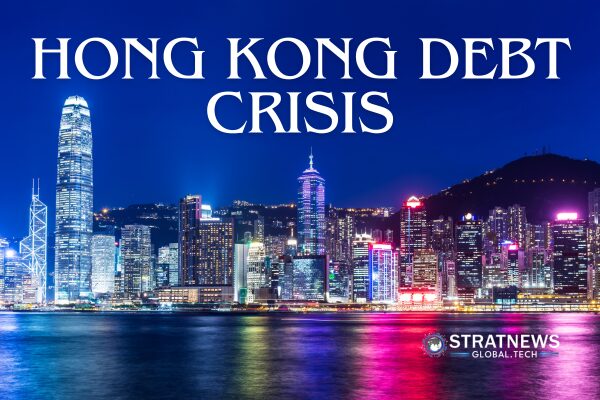Hong Kong Property Developers Face Debt Crisis as Bond Maturities Surge
Hong Kong property developers are bracing for deeper financial trouble as bond maturities are expected to rise by nearly 70% next year. This increase comes amid declining property values and weak sales in a sector that plays a major role in the city’s economy.
Defaults Begin Amid Credit Crunch
Last week, Road King became the first Hong Kong-based developer to miss a bond coupon payment since China’s broader property debt crisis began in 2021. Earlier this year, Emperor International defaulted on a loan, marking a growing trend in financial strain.
Analysts warn that more defaults could follow as developers struggle to repay debts. Access to new funding has become increasingly difficult, especially for those holding mainly office and retail assets—segments where property values have dropped over 50% since 2019.
S&P analyst Edward Chan noted that smaller developers face the most immediate risk. He warned that many may soon be unable to repay their loans as banks reduce their lending exposure.
Soaring Repayments and Market Risks
Data from LSEG and Reuters show that bond maturities for Hong Kong developers will rise from $4.2 billion this year to $7.1 billion in 2026. Among the most vulnerable is New World Development, which has $168 million in bonds due next year and $630 million in 2027. The company avoided default recently by securing a HK$11.2 billion refinancing deal in June.
Lai Sun Development also faces repayment pressure, with $524 million due next year. Both companies declined to comment on their financial strategies.
More fire sales could further damage already falling asset values, worsening the outlook for the sector. Analysts warn that this could affect even well-capitalised developers.
Banking Sector Hit by Rising Risk
Banks, especially those with high exposure to real estate, are starting to feel the strain. Hang Seng Bank reported a HK$2.5 billion charge on its commercial real estate exposure during the first half of this year—a 224% increase from the previous year.
HSBC, its parent company, tripled its risk classification for Hong Kong real estate loans to $18.1 billion. However, the bank said this was not a definite sign of worsening credit quality, citing broader market factors.
S&P estimates that commercial real estate accounts for about 9% of total bank lending in Hong Kong, with up to 70% of those loans secured. Still, impaired loan ratios are expected to rise.
Hong Kong Monetary Authority chief Eddie Yue stated that the banking sector remains strong, with sufficient capital buffers to weather ongoing volatility.
Yet market observers say some banks are holding back on seizing assets or calling in loans. They hope to avoid flooding the market with distressed properties and worsening asset prices. JLL Hong Kong’s Joseph Tsang said banks are buying time in hopes of a future recovery, warning that tighter lending could hurt the wider economy.
with inputs from Reuters


